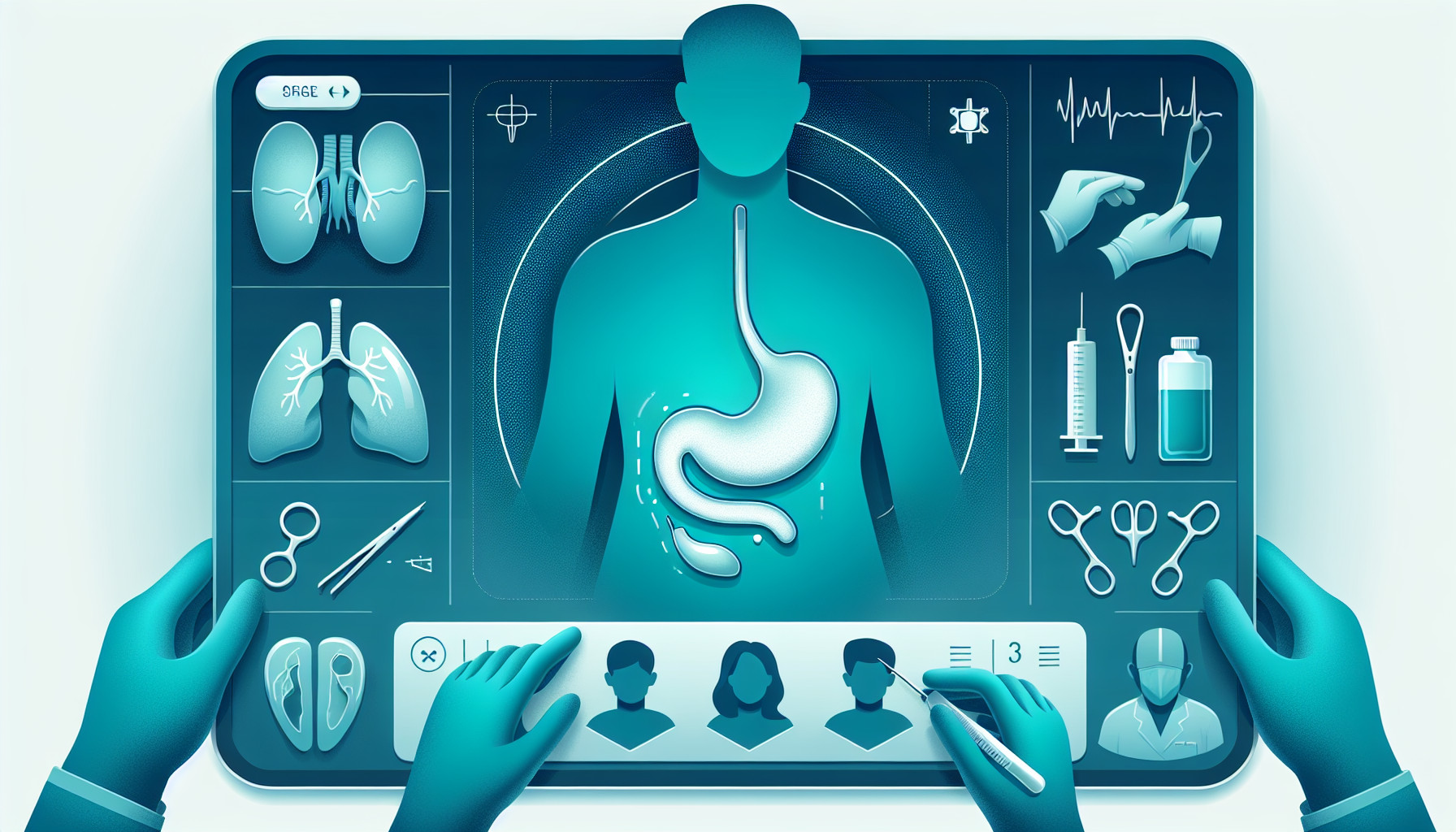Our Summary
This research paper discusses recent studies on when and why gallbladder surgery (cholecystectomy) should be performed in patients with gallstone disease. It has been found that gallbladder surgery is often performed when it’s not necessary, leading to a significant number of pointless surgeries. In fact, up to a third of patients with a simple form of gallstone disease continue to experience abdominal pain even after their gallbladder has been removed. However, for certain patients with more severe forms of gallstone disease, having gallbladder surgery as soon as they are admitted to the hospital instead of waiting can lower the risk of additional complications. Thus, the researchers urge a more careful consideration of when gallbladder surgery is truly necessary and beneficial.
FAQs
- What are the recent findings about the indications for cholecystectomy?
- How prevalent is persistent abdominal pain after cholecystectomy in patients with uncomplicated symptomatic gallstone disease?
- How does same-admission cholecystectomy benefit patients with mild-to-moderate complicated symptomatic gallstone disease?
Doctor’s Tip
One helpful tip a doctor might tell a patient about cholecystectomy is to discuss the timing of the surgery carefully with their healthcare provider. In some cases, having a same-admission cholecystectomy for certain complications of gallstone disease, such as acute cholecystitis or biliary pancreatitis, may reduce the risk of recurrent complications. It is important for patients to have a thorough discussion with their healthcare provider to determine the best timing for their cholecystectomy to optimize their outcomes.
Suitable For
Patients who are typically recommended cholecystectomy include those with acute cholecystitis, common bile duct stones, biliary pancreatitis, and mild-to-moderate complicated symptomatic gallstone disease. Additionally, patients with persistent abdominal pain after cholecystectomy for uncomplicated symptomatic gallstone disease may also be considered for surgery. It is important to carefully evaluate each patient’s individual case to determine the appropriate timing and indication for cholecystectomy to prevent unnecessary surgeries and recurrent complications.
Timeline
Before cholecystectomy:
- Patient presents with symptoms of gallstone disease such as abdominal pain, nausea, vomiting, and bloating
- Diagnostic tests such as ultrasound, CT scan, or MRI are performed to confirm the presence of gallstones
- Patient may undergo conservative management with medications and dietary changes to manage symptoms
- In cases of complications such as acute cholecystitis, common bile duct stones, or biliary pancreatitis, urgent cholecystectomy may be recommended
After cholecystectomy:
- Patient undergoes surgery to remove the gallbladder either through laparoscopic or open surgery
- Recovery period typically involves a hospital stay of 1-2 days for laparoscopic surgery and longer for open surgery
- Patients may experience mild pain and discomfort post-surgery, which can be managed with pain medications
- Patients are advised to follow a special diet for a few weeks post-surgery to allow the body to adjust to the absence of the gallbladder
- Most patients experience relief from symptoms of gallstone disease after cholecystectomy, but up to 33% may still experience persistent abdominal pain
- Follow-up appointments with the surgeon may be necessary to monitor recovery and address any complications
- Overall, cholecystectomy is a safe and effective treatment for gallstone disease, especially when performed in appropriate cases and timing.
What to Ask Your Doctor
- What are the risks and benefits of cholecystectomy in my specific case?
- What alternative treatments are available for my gallstone disease?
- How long is the recovery period after cholecystectomy?
- Will I need to make any changes to my diet or lifestyle after the surgery?
- What should I expect in terms of pain management during and after the procedure?
- Are there any potential complications or side effects of cholecystectomy that I should be aware of?
- How soon after the surgery can I resume normal activities, such as work or exercise?
- Will I need any follow-up appointments or tests after the surgery?
- Are there any long-term effects of having my gallbladder removed?
- How will my digestion be affected after cholecystectomy, and are there any dietary restrictions I should follow?
Reference
Authors: Lamberts MP. Journal: Curr Opin Gastroenterol. 2018 Mar;34(2):97-102. doi: 10.1097/MOG.0000000000000419. PMID: 29256914
